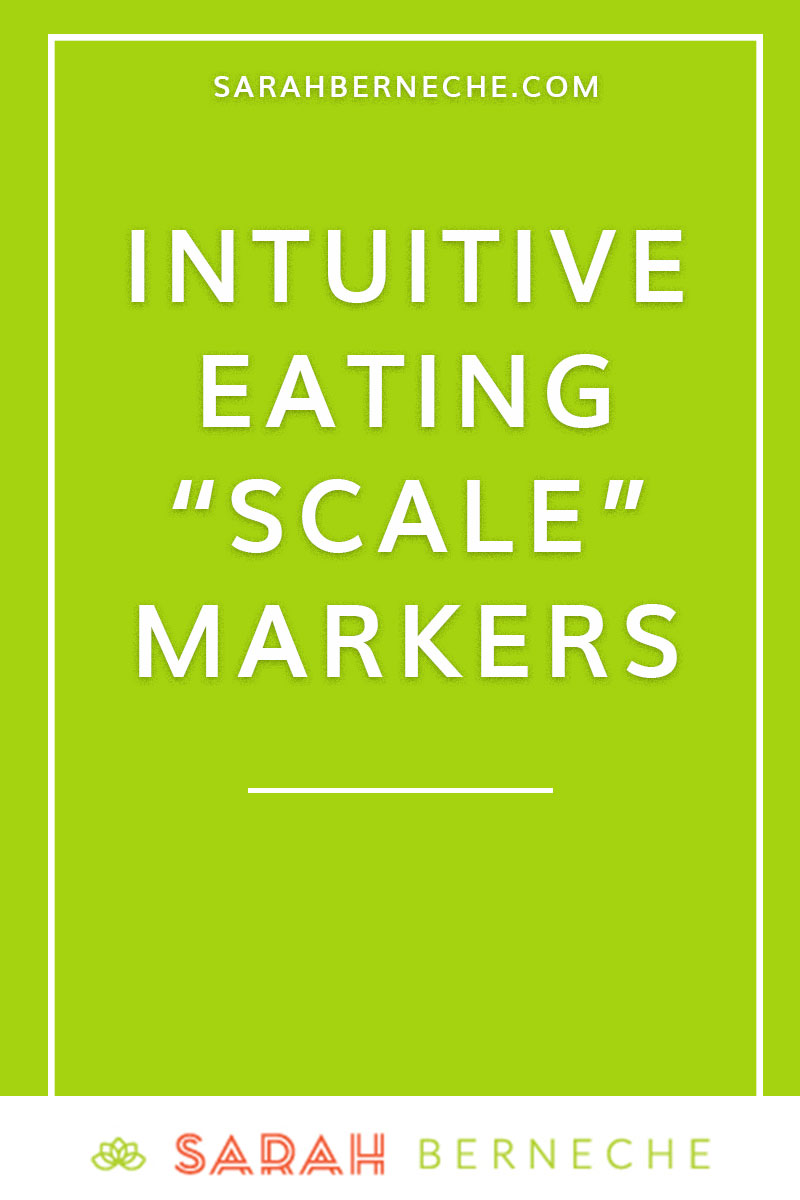When my clients move from the diet paradigm to the non-diet approach, there’s understandably a lot of apprehension. Even if we understand that diets fundamentally don’t work, we almost can’t bear the thought of outright “giving up.” I mean, even if the latest fad doesn’t amount to anything, at least we can say we tried.
I get it. I really, truly, deeply get it.
Especially as women where our bodies are currency and our hotness level a type of status, I can understand the attachment to diet culture and the resistance to embracing anything else.
Diets help us to feel productive and valuable, especially at liminal (transitional) points in our lives when things feel irreparably messy. Puberty, pregnancy, menopause – these are all points in time when we don’t have a whole lot of control over our lives, so we take the reigns by focusing on the concrete (you know, like on our bodies.) We feel out of control, so we react by making changes to the one thing the body myth tells us we can shape: our size.
Intuitive eating usually feels uncomfortable because it’s without boundaries. There are guidelines, but no rules; I “teach” intuitive eating, but mostly this involves a lot of questions and contemplation, since everyone comes to it in a slightly different way. Experiences it in a somewhat different way.
There aren’t any tools to measure our progress, like meal plans, scales, or lists of “yes” and “no” foods.
There aren’t any distractions. While diet culture promotes hyper-fixation with the external, intuitive eating asks that you go deeper. That you dive into the waves headfirst and see what comes of it. Where diet culture says be cautious, intuitive eating asks for your wildness.
Where diets crave your smallness, intuitive eating asks you to play big.
Where quiet once sufficed, your desires show up loudly on your doorstep, commanding attention and expression.
Where once you could put off your bucket list — “one day,” “when I’m…” — intuitive eating asks you to be here, now. Intuitive eating asks you to show up, now.
All of this is terrifying. Maybe it brings up anger for all of the time you lost to dieting. Maybe it feels like being uprooted. Perhaps you feel alone on an island.
So how do we live in a world without rituals and rules, without grades to monitor our progress?
Here are a few things I’ve learned about navigating a post-diet world:
-
Energy is everything.
Food is fuel. It’s something we always go back to in intuitive eating. It doesn’t mean food is only fuel; that’s a misconception. Food is joy, storytelling, and comfort. I can’t think of anything that brings two people closer than sharing a meal or a glass of wine. But part of becoming an intuitive eater means asking: which foods give me energy? Which depletes me? Which do I feel I am best at? You can start by rating your energy after a meal from a scale of 1-10, with 10 being the most energized you can imagine.
2. Satisfaction is the spoke of the wheel.
Satisfaction. Pleasure. When was the last time you thought about these things? Yet deriving joy from life is so crucial to this process of making peace with food, body, and exercise. We’re naturally happier when we’re satisfied. This may mean experimenting with foods until you find something you enjoy, trying different forms of exercise/movement, and learning who you are and what you like.
3. Sleep is fundamental to all things.
Lack of sleep can flip our worlds upside down. It can lead us to crave foods we don’t usually eat or actually want to eat, make us irritable, affect our mental health and wellbeing, and encourage stimulant abuse to compensate. So, sleep is pretty damn important.
Part of how I know I’m killin’ this intuitive eating thing is by my sleep. If it’s restful and I’m getting a solid 8, I’m feeling pretty good.
4. Seldom overeating and few binge episodes.
If you’re constantly eating in a distracted way, overeating, eating too quickly, or bingeing, these are signs that something is up. When I eat slowly, mindfully, consistently, regularly, and adequately, I find I’m delighted (see #2) and less likely to engage in these behaviours. It’s not to say I never overeat or fail to chew my food. It happens. It probably happens to most of us. But overall, I look to these markers to know whether my body is well-fed.
So, overall, you’re looking to the following to know whether or not you’re “doing it right”:
1. Your energy is good (you’re eating enough and sufficient variety.)
2. You’re satisfied with your food and exercise choices.
3. Your sleep is good.
4. You’re eating “normally” or “competently.”

Comments +